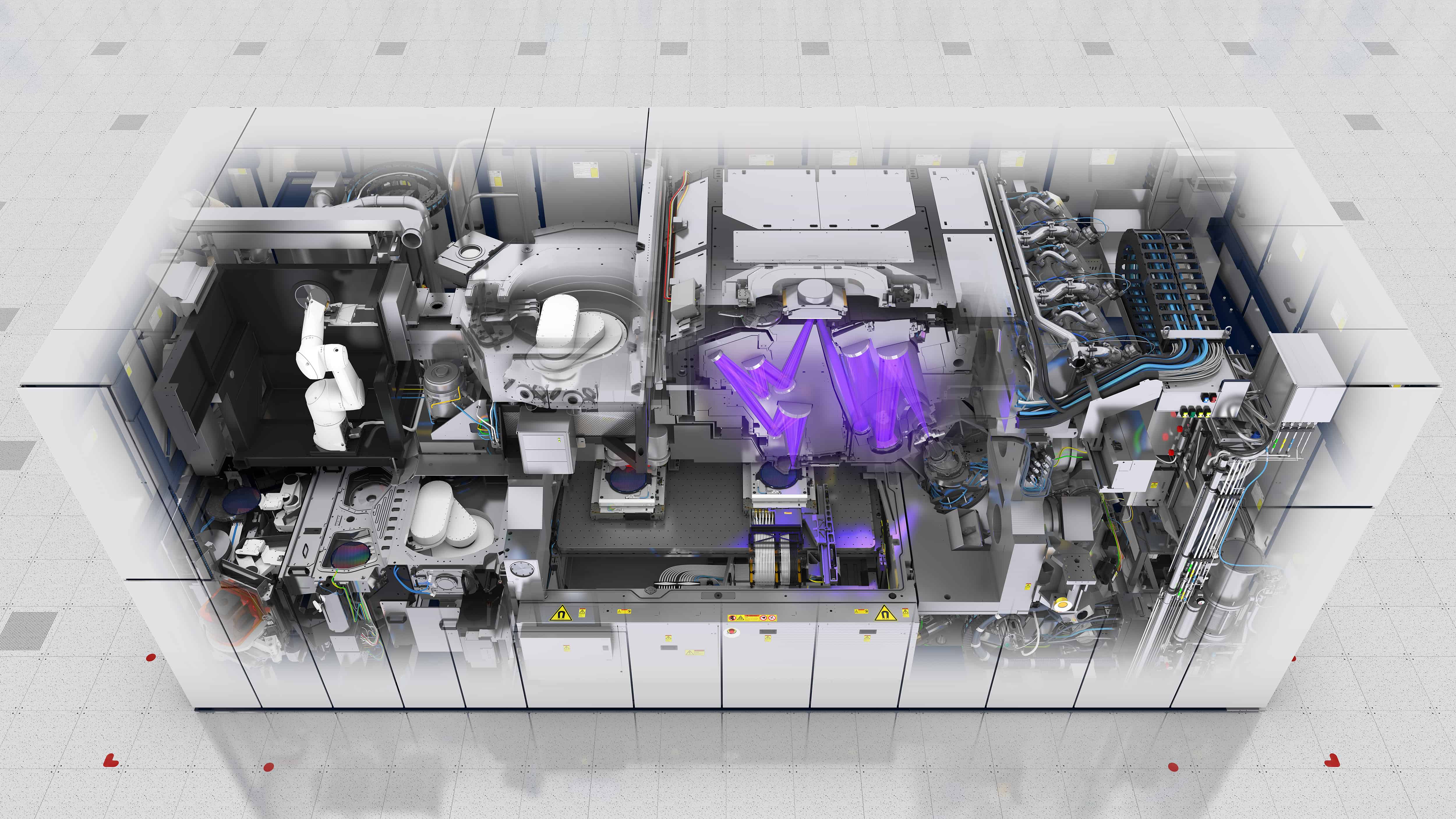
Keeping in touch
With the return of pragmatism in 2023, policymakers in China have taken on measures to revive the country’s economy and restore its diplomatic and trade relations with partner countries.
This June, Chinese Premier Li Qiang visited Germany and France with missions to pair the relations between China and these two major EU countries, during which several business deals and climate dialogues were involved. Meanwhile, the US Secretary of State, Antony Blinken has visited Beijing with intentions to reignite diplomatic relations, to generate dialogues and stabilities between the two global powers.
These recent diplomatic activities among high-level government officials received mixed media responses. Several analysts already point out that relationships between China and Europe are yet to become more complex and would be issue-driven. “While commentators in China are optimistic about economic cooperation, the latest EU Chamber of Commerce survey gave a bleak view of European companies’ confidence in China. Under the surface, a host of issues will continue to test relations,” says MERICS analyst Sophie Reiß.
Nevertheless, such high-level government gestures play a key role to encourage more talking points at provincial levels. The past half year has seen more dialogues and personal visits being revived between China and Europe. Local cities in the Netherlands have hosted more frequent visits and tours among business representative groups from Chinese provinces or cities, and vice versa, with more Dutch business professionals being able to visit China this year. Such people-to-people exchanges provide more opportunities for voicing concerns and opening up solutions in maintaining international business and relationships.
Brainport businesses
Taking the Brainport region as an example, upon more visiting requests from local Chinese government/business groups this year, agencies, including the Brabant Development Agency (BOM) and Brainport Development have hosted business events on various subjects and occasions.
Earlier in May, under the theme of “Reconnect and Rebuild”, Brainport Development received Suzhou’s vice mayor and the delegation to exchange ideas on future collaboration, during which businesses leaders from Dutch companies, including Sioux, BIP Medtech, Prodrive, and NTS have shared and discussed their views of doing business in China.

In June, on the subject of “Asia-Netherlands Energy Storage”, Brabant Development Agency organized an event to bring business professionals together to explore energy use and storage. Kicked off with an introduction to the Dutch battery ecosystem, the meeting continued to discuss battery risks, opportunities, and recycling solutions. Facing the logistic challenges, the summit also explored the possible transportation solutions from China to Europe by rail and sea. In sum, in the battery chain in the Netherlands, there are leading companies that focus on primary use and reuse, battery materials and components, as well as recycling. However, efforts are lacking in areas such as material refinery and battery production. In these two areas, international collaborations and contributions are much welcome.
The main message, which has been repeatedly emphasized at these gatherings, is clear. One cannot be innovative without being open and collaborative. People from different places are facing some very similar issues in the current world, whether they live in Europe or in China. Sustainable collaborations need to take various forms, from multiple stakeholders, local business owners, experts from knowledge institutes, local municipalities, and international collaborators and markets.
However, one of the key issues is building and maintaining trust in the current geopolitical climate.
From decoupling to de-risking
Trust, in this case, is based on clear legal and political guiding principles and implementations and a clear grasp of the societal and political trends from both sides. Yet often, there is a lack of clear guidelines. Such discussion brings us back to the current topic of the EU’s economic security strategy, which has not yet reached a unanimous agreement yet among the member states.

Despite the reassurance from the high-level meetings that Germany and France are not pursuing decoupling from China, Chinese policymakers are wary of how and where de-risking would deepen between China and Europe. During his visit to Europe, Chinese Premier Li Qiang expresses that with the support of economic globalization, China aims to work together with Europe to “maintain the stability and resilience of the supply chain”.
“China supports EU’s strategic autonomy. This strategy needs to be implemented and reflected. … At times, we (China and Europe) do not see eye to eye in some aspects, but at other times we do, and that is only natural (in international relations). We are trying to see what we can achieve during the dialogues. We will have more in-personal meetings at the high-level exchange. In the coming EU China summit, we do have the opportunities to present some concrete results.” – Chinese Ambassador to the EU Fu Cong, 2023
In a recent interview with China Macro Group, the Chinese ambassador to the EU Fu Cong expresses that China is quite concerned about whether de-risking is just another name for decoupling, and stresses that it is vital to maintain a dialogue mechanism where leaderships provide guiding principles.
How is de-risking going to shape EU- China relations? And will there be regional differences and/or sector differences? We will pay close attention.
Currently, the author is on a fieldwork trip to China, with a mission to examine, observe, and explore novel changes among Chinese businesses. We will keep you posted.







